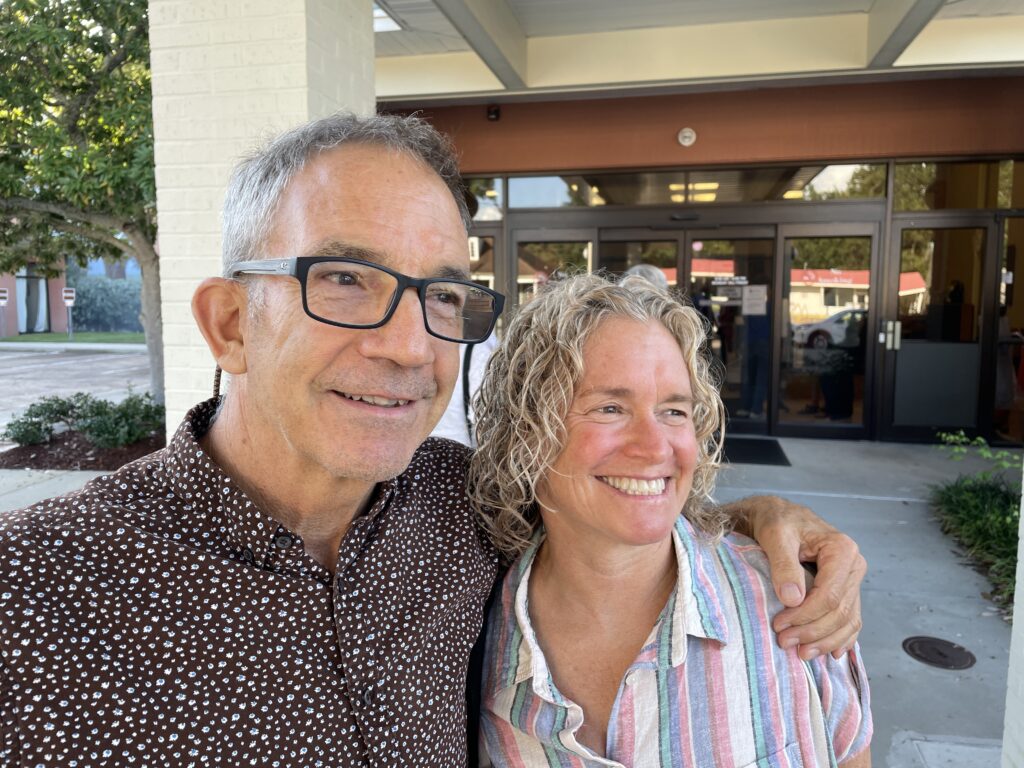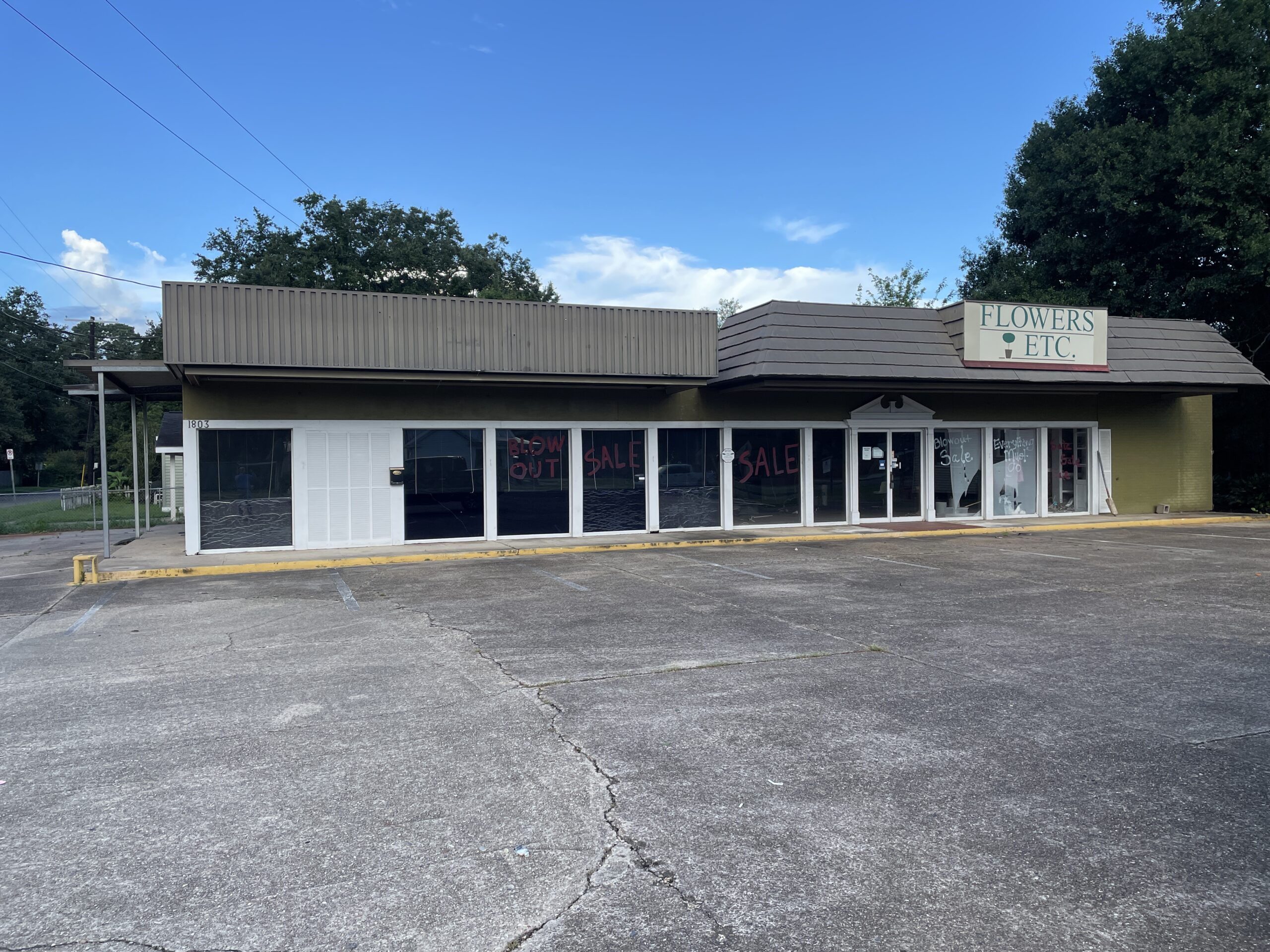Sharon Steen, Contributor
That was the question presented to the Lafayette City Council at its July 16, 2024, meeting. Mayor-President Monique Boulet’s veto of a proposed gas station went unchallenged before a crowded auditorium at Lafayette Consolidated Government (LCG). Boulet’s veto of the City Council’s ordinance effectively ended plans to permit gas sales at 1803 W. University Avenue. Nearby residents opposed the permit fearing disruptive activity and diminished residential property values. Overturning Boulet’s veto of the ordinance passed last month by councilmen Andy Naquin, Kenneth Boudreaux, and Elroy Broussard required a 2/3 vote (four of the five-member council) under Home Charter Section 2-13. No councilman moved to overturn it.

Vince and Mary Nicholson, neighbors who opposed the gas sale permit, relished the victory. Having attended three other meetings on the issue, the Nicholsons felt relief with Tuesday night’s result. Both opposed the plan over concerns of diminished property values, noise, lighting, traffic and the loitering they believe would have accompanied gas sales. The Nicholsons point to the Circle K across from Lafayette Consolidated Government as an example of these problems. “People were talking about moving already. You wouldn’t want that in your backyard, next door to you, or near the school right down the road,” said Mary Nicholson.
AbdulSattar Al Shaebi, the owner and developer of the property, indicated he would move forward with a convenience store even without a permit to sell gas according to a prior report in The Advocate.
Private ownership of property is a fundamental biblical and constitutional right. It is, however, not an unqualified right. Just as the right of free speech does not allow one to scream fire in a crowded theater, property rights can be limited within the context of the general welfare and surrounding community. Any restrictions, however, should honor the right of private ownership and extend only as far as is necessary to protect both the individual owner and the community as whole.
In Lafayette, officials ideally deny variances and permits or enforce laws to prevent nuisances and misuses while avoiding unnecessary interference in the use of private property. Though LCG has extensive zoning regulations, subjective enforcement can still enter. For example, Chapter 60 of Lafayette’s Code of Ordinances include definitions for “nuisance” and “public nuisance” that are open to subjective application such as “unsafe”, “detrimental to health, morals, safety public welfare and the well-being of the community”, and “blighting influence.” Reasonable minds applying subjective terms can come to different conclusions. The 1803 W. University Avenue dispute illustrates this point.
Christians can fall on either side of property use restrictions. Some Christians support zoning regulations which prevent certain activities such as strip clubs or alcohol sales near churches. For example, Lafayette’s Sec. 6-36 enjoys the support of local Christians in preventing a property owner from selling alcoholic beverages within 175 feet of any church or synagogue.
On the other hand, a record exists of churches suffering under onerous, if not discriminatory, zoning regulations. For example, in Fairfax County, Virginia, two churches faced years of denial and opposition to expansion or building from local officials. Vague “disruption to the community” and “increased traffic” standards ultimately denied one church use of a 76-acre lot. In one instance, a zoning official questioned why a church needed to be bigger than 350 people. The zoning process and “community opposition” resulted in an additional $300,000.00 in legal fees and years of delay for another church to simply to build a sanctuary on an 18-acre tract. See The Acton Institute “Zoning as a Threat to Religious Liberty”, Jonathan Thoburn, July 20, 2010 https://www.acton.org/pub/religion-liberty/volume-4-number-2/zoning-threat-religious-liberty
Balancing between legitimate property interests and appropriate restrictions can be challenging. Mere political power often determines whether to permit or not to permit. For Christians, especially those holding a Kuyperian worldview, awareness of this reality could prompt active participation in the zoning and property use process as both citizens and council and board members.

